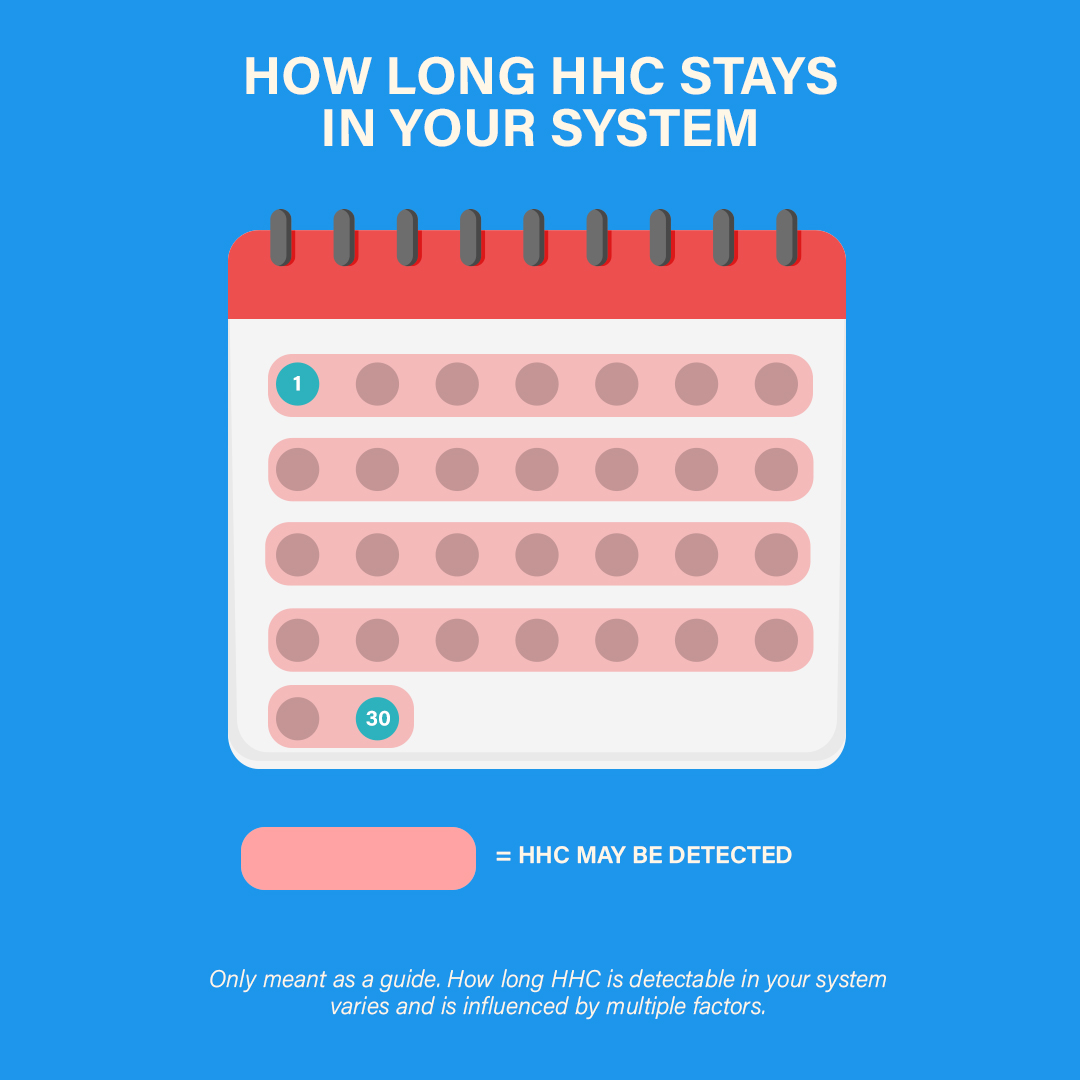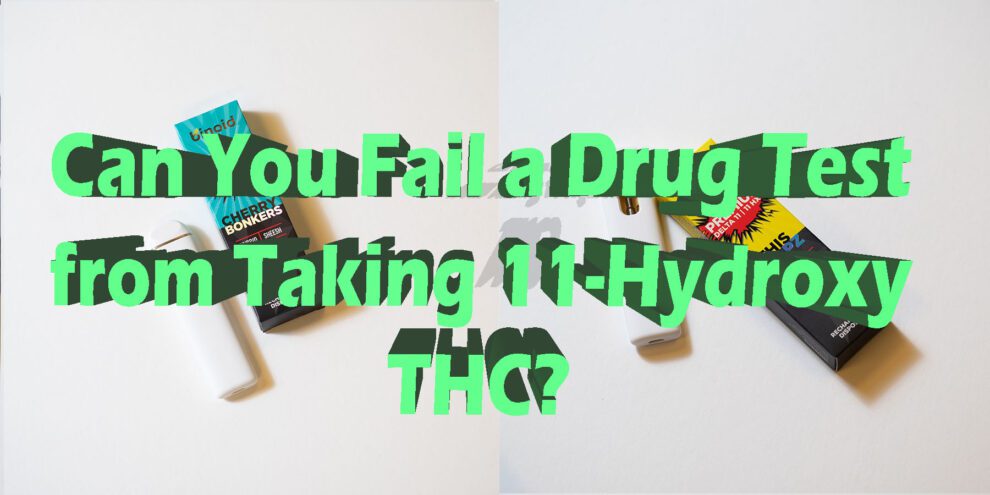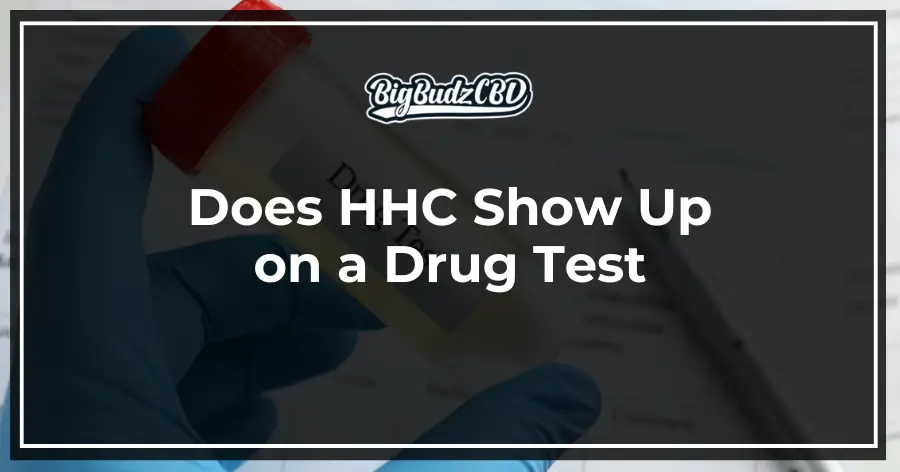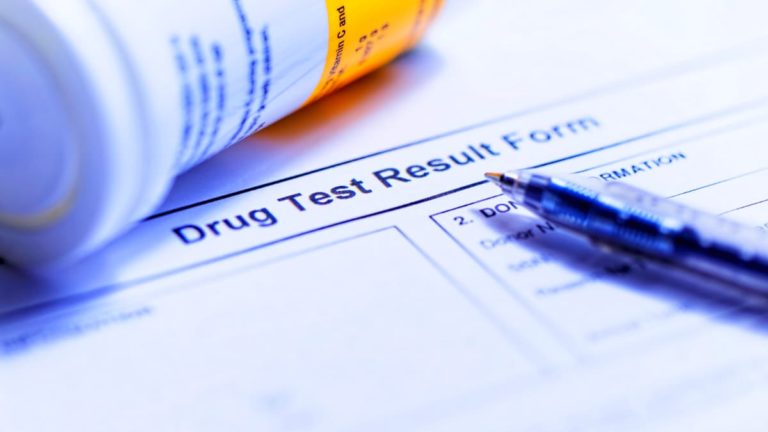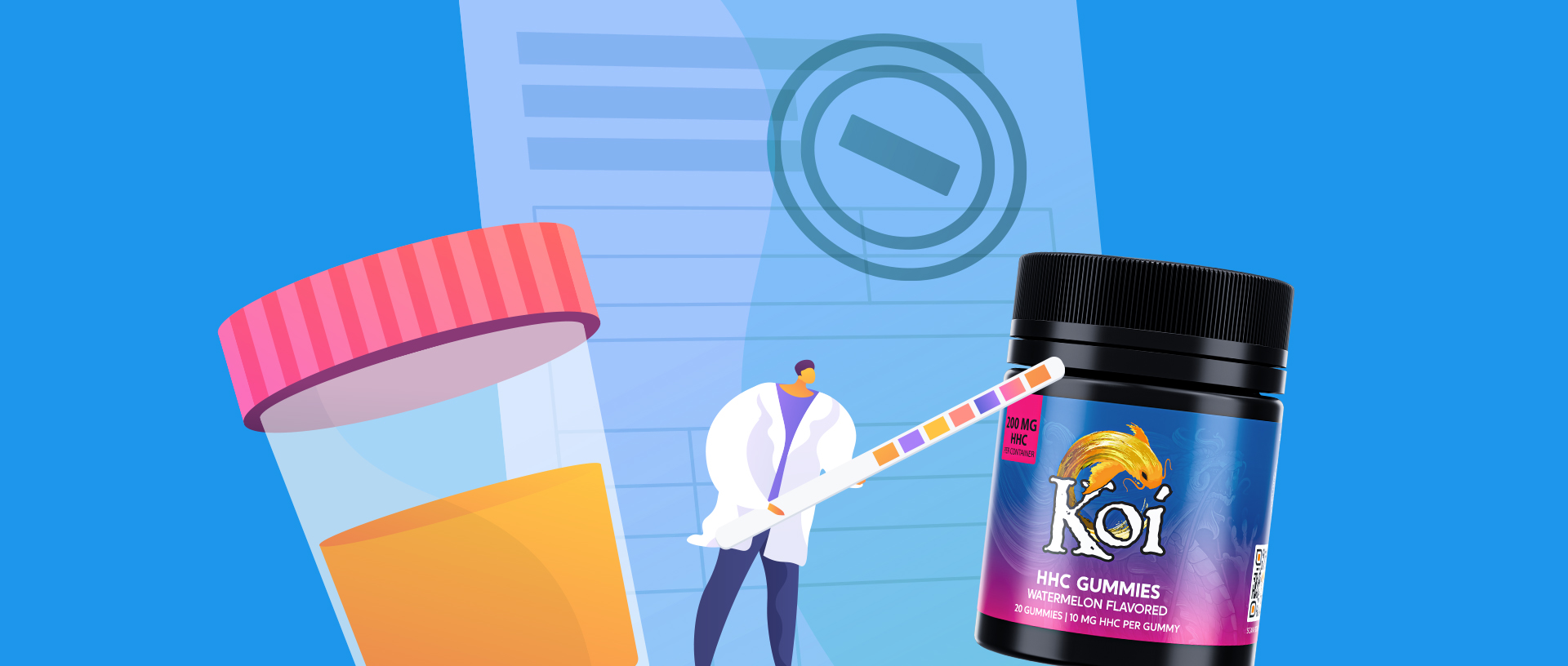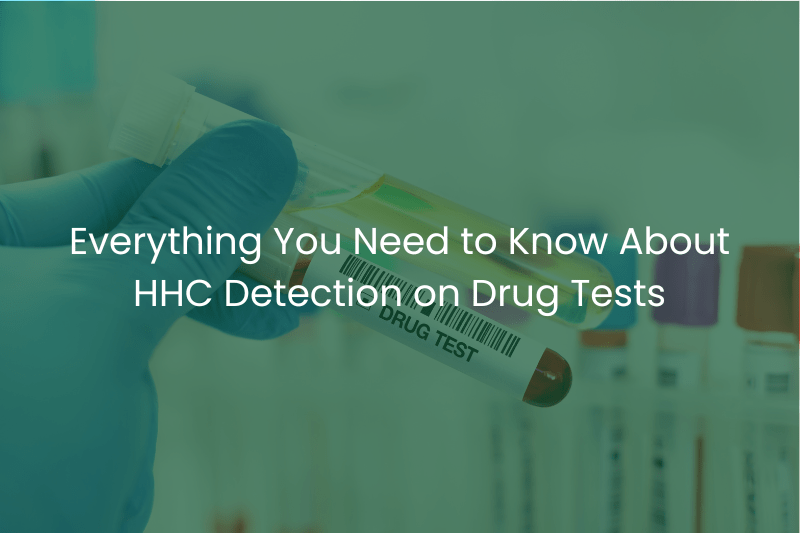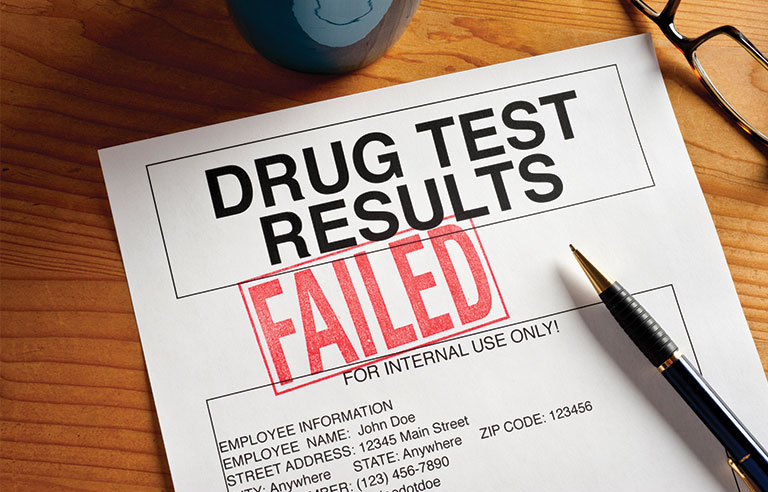Can You Fail A Drug Test For Hhc

The growing popularity of hemp-derived cannabinoids has ushered in a new era of accessibility and legal ambiguity. Among these compounds, HHC (hexahydrocannabinol) has garnered significant attention, but its potential impact on drug tests remains a source of widespread confusion and anxiety. For individuals facing employment screenings, athletic competitions, or legal obligations, the answer to whether HHC can trigger a positive result is far from simple.
This article delves into the complexities surrounding HHC and drug testing. We examine its chemical structure, metabolic pathways, and cross-reactivity with standard drug assays. We will also explore the experiences reported by users and the limitations of current testing methodologies. This examination aims to provide a comprehensive understanding of the risks associated with HHC consumption and its potential consequences for individuals subject to drug screening.
HHC: A Closer Look
HHC is a hydrogenated form of THC. It is found naturally in cannabis, but typically in trace amounts. Commercially available HHC is typically produced through a chemical process involving the hydrogenation of THC or other cannabinoids derived from hemp.
This process alters the chemical structure of the molecule. This makes it more stable and, purportedly, offers a slightly different psychoactive experience compared to Delta-9 THC, the primary psychoactive compound in marijuana.
How Drug Tests Work
Most standard drug tests, such as urine tests, do not directly detect the presence of THC. Instead, they look for a specific metabolite: THC-COOH (11-nor-9-carboxy-THC).
This is a byproduct produced when the body metabolizes THC. The cutoff levels for THC-COOH in urine drug tests are typically set at 50 ng/mL for screening and 15 ng/mL for confirmation.
The Cross-Reactivity Question
The crucial question is whether HHC metabolizes into THC-COOH or a similar compound that could trigger a positive result. Early indications suggest that HHC does not break down into THC-COOH directly.
However, its metabolic pathways are not yet fully understood. Some evidence suggests it might produce other metabolites that could potentially cross-react with the antibodies used in standard drug tests.
This cross-reactivity is the core concern. The structural similarities between HHC and THC could cause the antibodies to bind to HHC metabolites, resulting in a false positive.
User Experiences and Anecdotal Evidence
Online forums and anecdotal reports offer mixed experiences. Some users claim to have passed drug tests after consuming HHC, while others report positive results.
These reports are difficult to verify due to variations in testing methods. The dosages consumed and individual metabolism also play a part.
However, the sheer volume of anecdotal evidence suggesting potential failures cannot be ignored. This highlights the need for caution.
Expert Opinions and Scientific Research
Experts in toxicology and cannabinoid chemistry emphasize the lack of definitive research on HHC metabolism. This makes it challenging to provide a conclusive answer.
Dr. Emily Jones, a forensic toxicologist, stated in an interview, "We simply don't have enough data on HHC's breakdown products and their interaction with standard drug tests. Until more research is conducted, it's impossible to say with certainty whether it will cause a positive result."
Research is slowly emerging. Some studies show that HHC does metabolize differently than THC, but the specific metabolites and their potential for cross-reactivity need further investigation.
The Role of Detection Windows
The detection window for drug tests varies depending on the substance. The individual's metabolism, and the frequency of use are also factors.
THC-COOH can be detected in urine for several days or even weeks after use, especially in chronic users. The detection window for HHC is currently unknown due to the limited research.
This uncertainty adds another layer of complexity. Individuals consuming HHC may be unaware of how long it will remain detectable in their system.
The Legal Landscape and Regulatory Oversight
The legal status of HHC varies depending on jurisdiction. In many areas, it occupies a legal gray area similar to other hemp-derived cannabinoids.
Because it's derived from hemp and not explicitly banned, it enjoys a semi-legal status in many places. However, this can change quickly as regulations evolve.
The lack of regulatory oversight creates inconsistencies in product quality. This makes it difficult for consumers to assess the actual HHC content and potential risks.
Future Implications and Forward-Looking Perspectives
As HHC becomes more prevalent, drug testing technology needs to adapt. This requires the development of assays specifically designed to detect HHC and its metabolites.
Laboratories are beginning to explore the possibility of incorporating HHC-specific testing into their panels. However, this process will take time and investment.
In the meantime, individuals facing drug testing should exercise extreme caution when considering HHC. The risk of a positive result, even if based on cross-reactivity, remains a real possibility.
Ultimately, more research is needed to fully understand the metabolic pathways of HHC and its potential to interfere with standard drug tests. Until then, the prudent approach is to avoid HHC consumption if drug testing is a concern.

